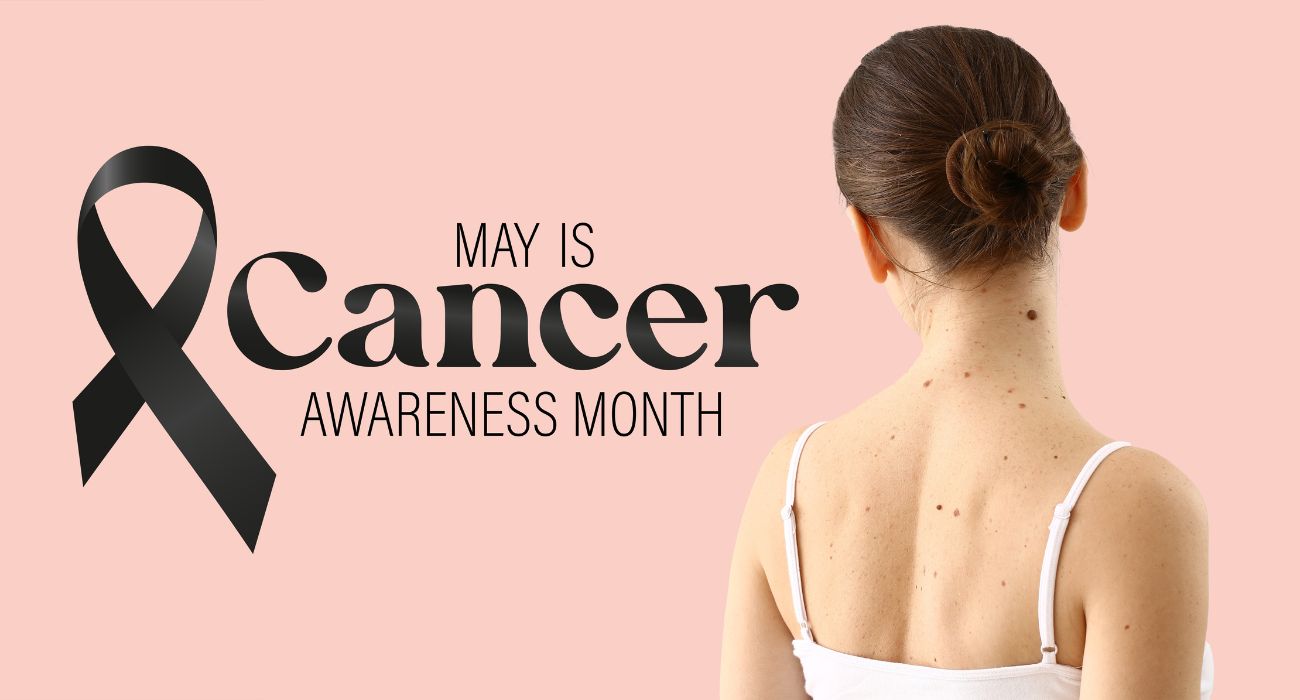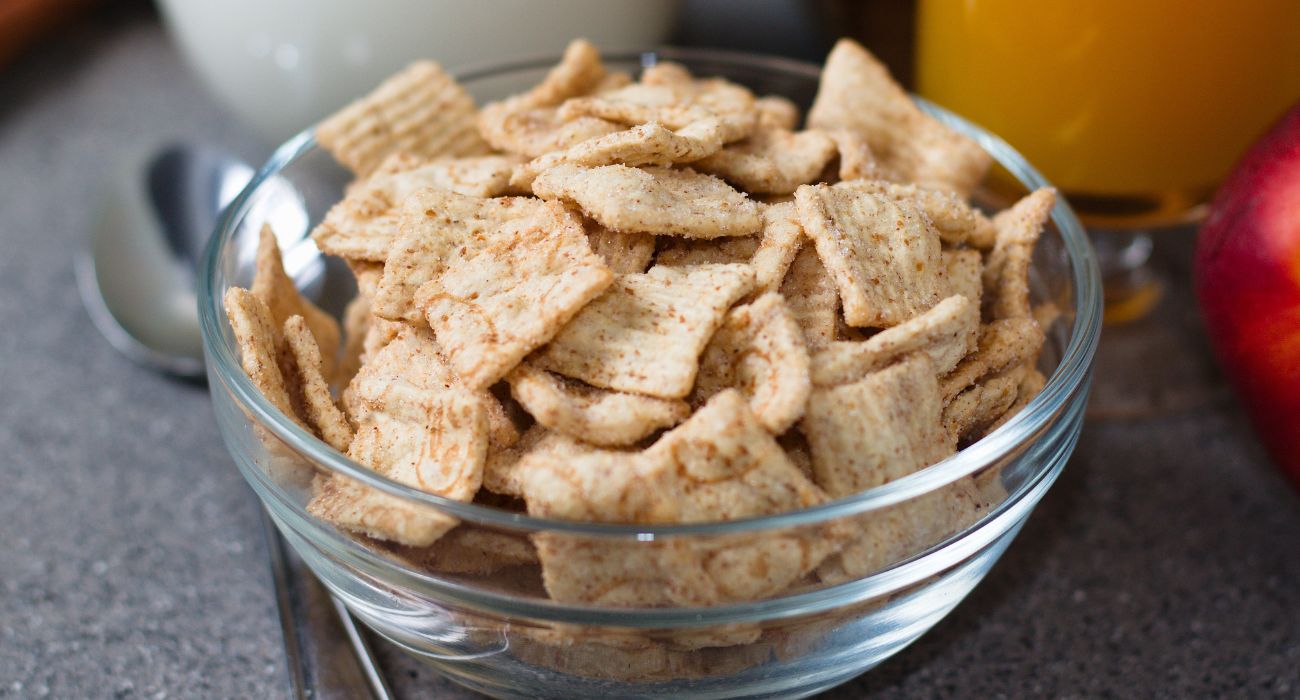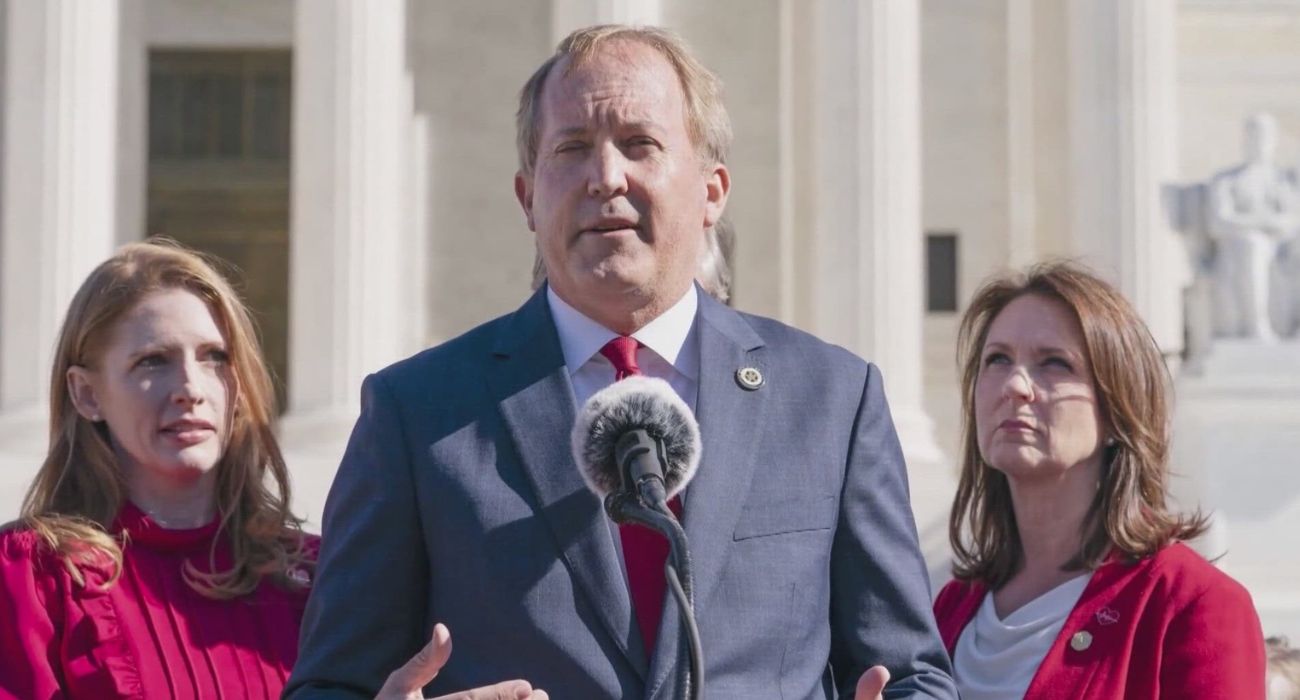With the wide array of beverages on the market today, experts say it is important to take stock of their health pitfalls and advantages.
A group of nutritionists and dieticians recently weighed in on which popular drinks to avoid for your health. They also suggested some more healthful alternatives to make sure no thirst gets left unsatisfied.
- Sweetened Cocktails
Sweetened cocktails are often considered some of the worst drinks for your health. The perfect storm of alcohol and fructose syrup puts considerable strain on the liver, which struggles to detoxify alcohol from the body and convert fructose to glucose.
“As a consequence, we can’t detox as well, and we also end up storing that excess fructose as fat. This can then cause a rise in triglycerides, a harmful blood lipid — and is one of the causes of a fatty liver,” explained Kylie Ivanir, a registered dietician from Within Nutrition, according to Fox News.
While a healthy liver does contain some fat, if these levels reach 5% to 10%, it can cause fatty liver disease and potentially lead to liver failure.
Although drinking alcohol in moderation — no more than one drink a day — or not at all would be the best way to go, those looking to satisfy their cocktail craving might want to veer towards those without added sugars.
For instance, Eat This, Not That! has several cocktail recipes featuring fresh fruit and calorie-free seltzers.
- Energy and Pre-Workout Drinks
Ivanir also highlighted some risks associated with consuming pre-workout and energy drinks due to them often being packed with sweeteners, caffeine, and other stimulants. These can cause headaches, heightened blood pressure stress, mess with your gut health, and even disturb your sleep pattern.
As covered by The Dallas Express, this summer, U.S. Senate Majority Leader Chuck Schumer (D-NY) even called for the FDA to investigate the energy drink Prime, which he called a “cauldron of caffeine,” according to a press release. He expressed particular concern over the brand becoming popular among teenagers.
Meanwhile, some energy or pre-workout drinks might contain supplements purported to boost your performance, such as creatine and B vitamin. Yet health experts beg caution here, too.
“The supplement industry is also notoriously unregulated, which leads to contamination with toxins or banned substances that are detrimental to our health,” Ivanir said.
To get that jolt of energy you might require before those burpees, Ivanir suggested reaching for coffee or matcha tea instead.
- Sugar-Laden Soda
Soda’s high sugar content is well-known, alongside all of the negative health outcomes associated with sugar.
Among these is obesity, which has reached crisis levels in the United States, as covered extensively in The Dallas Express. According to data recently released by the Centers for Disease Control and Prevention, 22 states — including Texas — have reached an adult obesity rate of 35% or above.
Noting that just one 12-ounce can of cola contains roughly 10 teaspoons of added sugar, Amy Gorin, a dietitian from Connecticut specializing in plant-based meals, told Fox News that the average person is recommended to consume no more than 12 teaspoons of added sugar a day. This means just two cans of soda can put someone way beyond their daily allowance.
“I recommend instead opting for seltzer or sparkling water and adding a squeeze of lime, lemon, or orange juice for flavor,” suggested Gorin.
- Sweet Iced Tea
While iced tea might seem a healthier option than soda, Jinan Banna, a registered dietitian and professor at the University of Hawaii at Manoa, warned that commercial iced teas might contain as much sugar as soft drinks.
Ivanir added that you should try not to be sucked in by seeing agave syrup on the label. Despite it often being touted as a healthy alternative to other sweeteners, some variants are a hidden source of fructose.
“Agave nectar can contain between 55% to 90% fructose — that’s higher than the amount of fructose in high fructose corn syrup,” Ivanir explained.
If sweet iced tea is your go-to drink, try opting for those sweetened with natural alternatives like stevia or monk fruit. Also, consider jazzing up your iced tea with some herbs or fresh fruit.
- Creamy and Iced Coffee Drinks
Although iced drinks are all the rage nowadays, Banna encourages customers to scrutinize the ingredients before placing their order.
“In some establishments, this drink may contain more sugar than a can of coke, such as the caramel latte that is found in some businesses,” Banna said, referring to frozen lattes in particular.
As recently covered in The Dallas Express, one seasonal iced beverage from Dunkin’ Donuts has even been criticized by some as posing a threat to consumers’ health. For instance, a TikTok noted that a large cup contained 46 teaspoons of sugar, which is the same as eating over a dozen glazed donuts.
Moreover, Ivanir pointed out that these drinks often combine sugar with cream, making it even more detrimental to our health.
“Frappuccinos and other sweet coffee drinks contain what I call ‘sweet fats’ — a combination of sugar [from the syrups and flavors] and saturated fats [from the cream]. While this combination of sugar and fat makes the drink taste deliciously creamy, it leads to excess fat storage due to a rise in the hormone insulin,” Ivanir said.
Coffee itself has actually been shown to carry several health benefits, including when it comes to maintaining a healthy weight, as covered by The Dallas Express. However, experts suggest going for unsweetened coffee rather than the bells and whistles offered at many coffeehouse chains.






